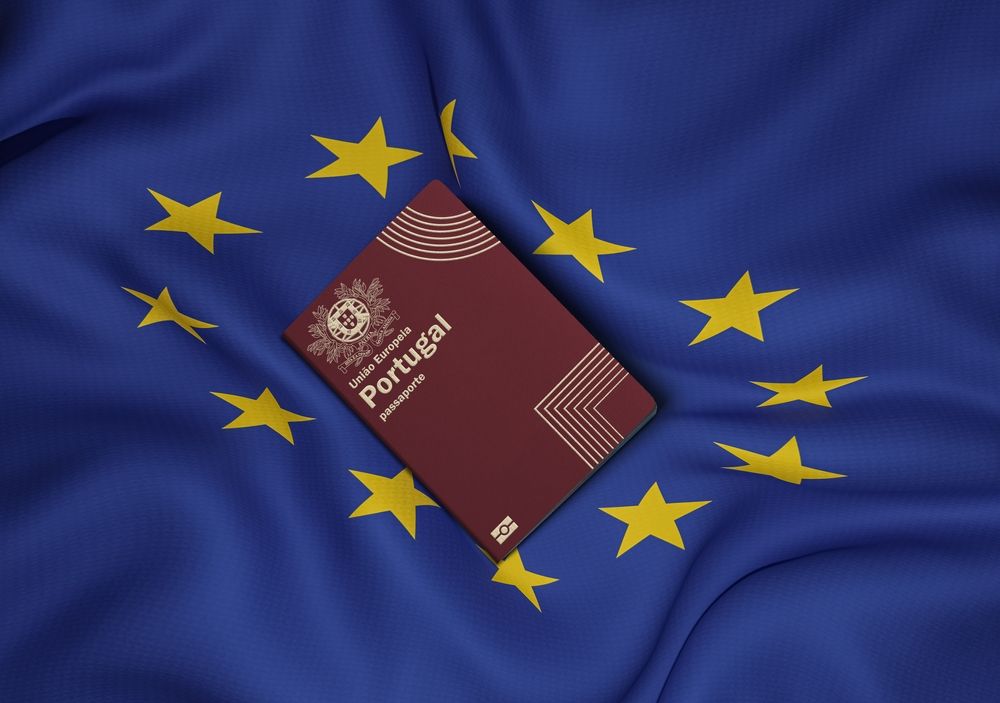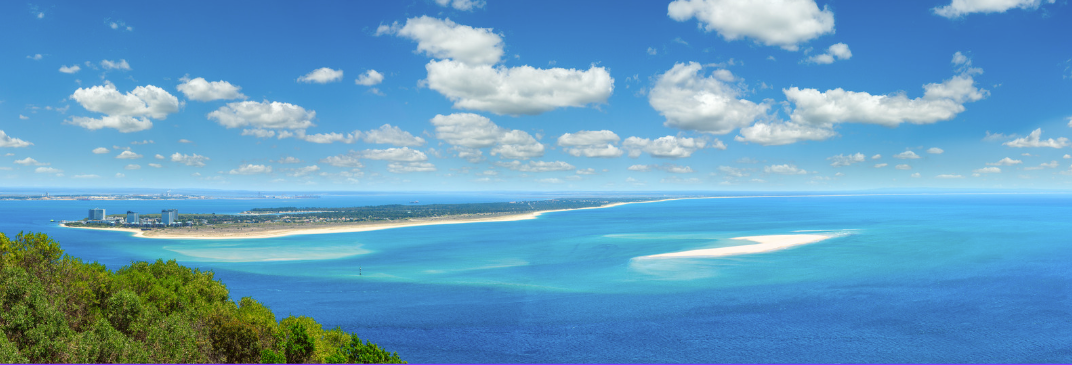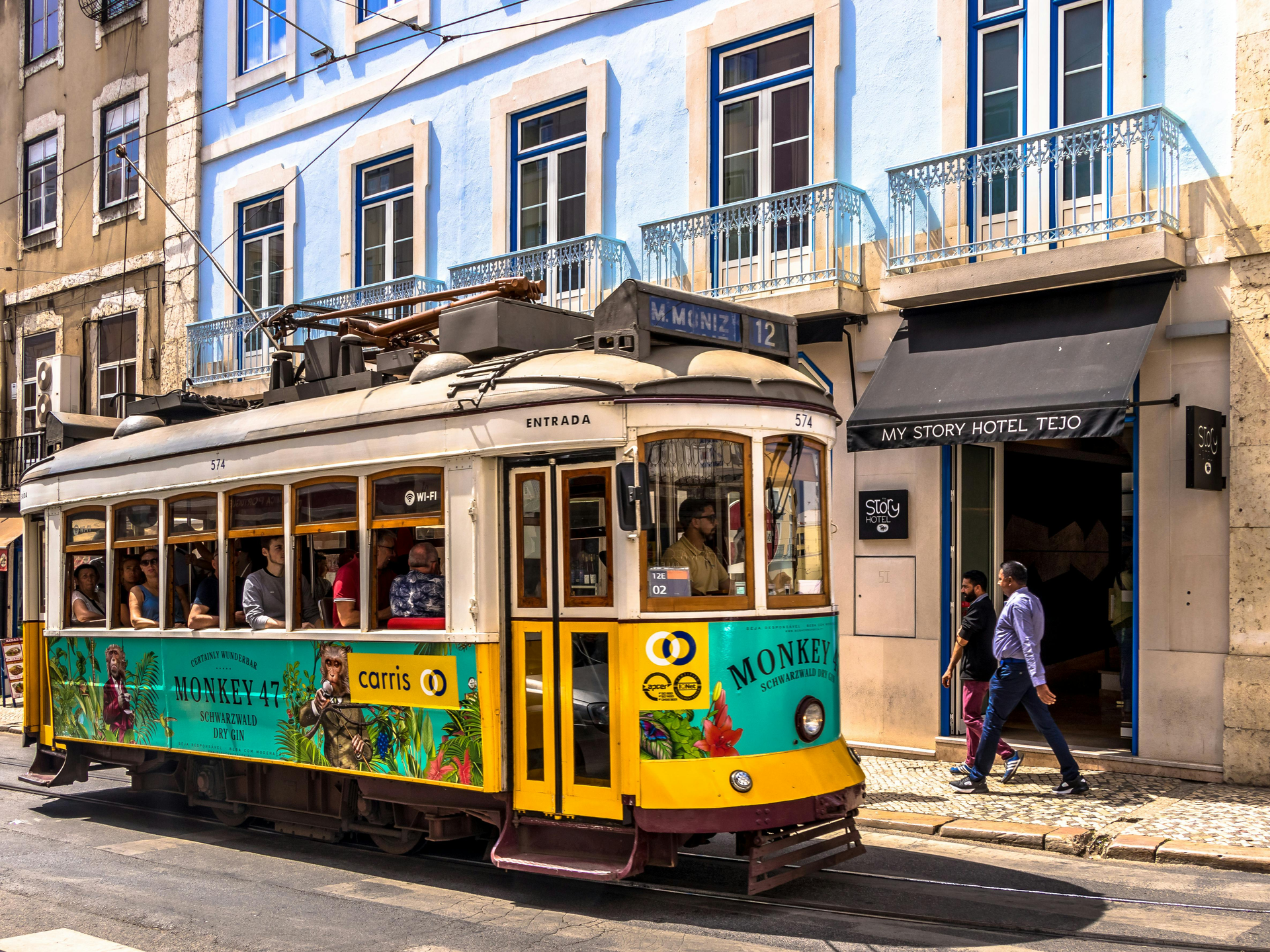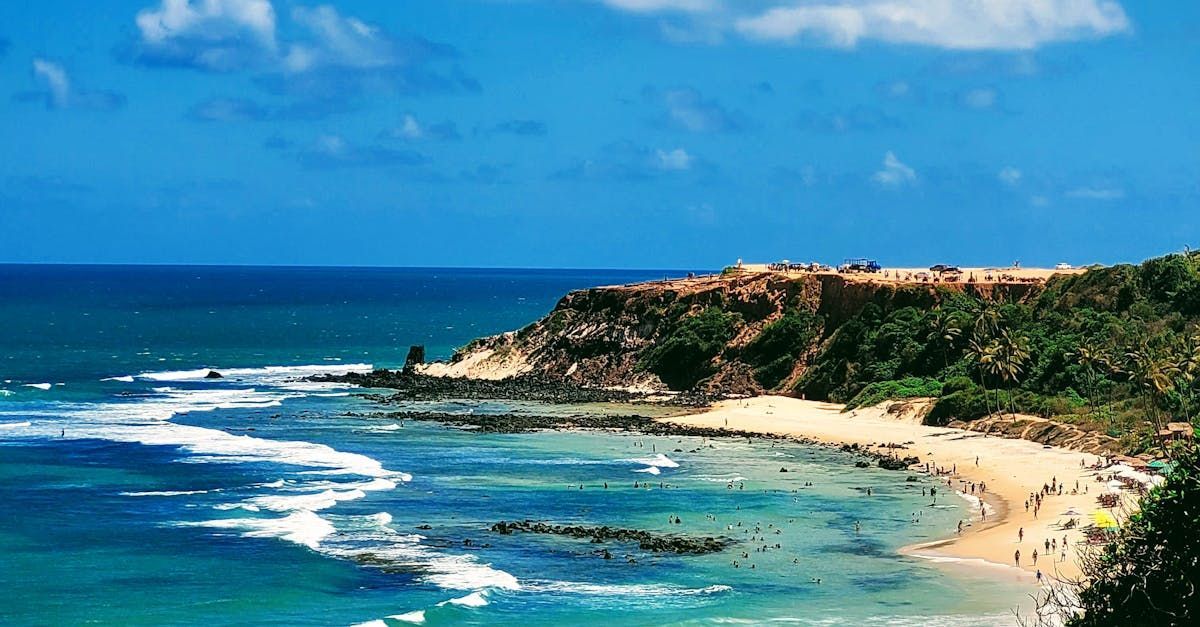Everything you need to know about the D8 Digital Nomad Visa in Portugal
Learn more about the Digital Nomad Visa (D8) and how you and your family can receive residency in Portugal.

What is the D8 Visa?
The D8 visa, officially known as the "Temporary Residence Visa for the Exercise of Professional Activity Provided Remotely Outside the National Territory," allows non-EU/EEA citizens with remote jobs to live and work in Portugal for up to one year, with the possibility of renewal and even permanent residency after five years.
As of October 2022, Portugal's new digital nomad visa enables remote workers and freelancers to establish residency by demonstrating a monthly income of at least €3,040 and maintaining savings of at least €36,480.
Who is Eligible?
• You must be a non-EU/EEA citizen.
• You must have a demonstrably remote job (employee or self-employed) with income from entities outside Portugal.
• You must meet the minimum income requirement: €3,280 per month (as of January 1, 2024) or €4,096 per month if you have dependents.
• You must have private health insurance covering your stay in Portugal.
• You must have no criminal record and be in good health.
Portugal offers two types of Digital Nomad Visa:
1. Long-Term Residency Visa: This path welcomes you for four initial months, but requires converting it into a two-year renewable residence permit upon arrival. Ideal for those aiming for Portuguese citizenship eventually.
2. Temporary Stay Visa: Stay worry-free for a year (with renewals possible) and enjoy multiple entries without the residence permit commitment. Perfect for testing the waters of Portugal beyond the typical 90-day tourist limit.
Both visas share the same income and document requirements. The crucial difference lies in the residence permit. The long-term visa necessitates applying for it in Portugal, granting you two years before renewal. With the temporary visa, this step is unnecessary.
What is the D8 Visa?
The D8 visa, officially known as the "Temporary Residence Visa for the Exercise of Professional Activity Provided Remotely Outside the National Territory," allows non-EU/EEA citizens with remote jobs to live and work in Portugal for up to one year, with the possibility of renewal and even permanent residency after five years.
As of October 2022, Portugal's new digital nomad visa enables remote workers and freelancers to establish residency by demonstrating a monthly income of at least €3,040 and maintaining savings of at least €36,480.
Who is Eligible?
• You must be a non-EU/EEA citizen.
• You must have a demonstrably remote job (employee or self-employed) with income from entities outside Portugal.
• You must meet the minimum income requirement: €3,280 per month (as of January 1, 2024) or €4,096 per month if you have dependents.
• You must have private health insurance covering your stay in Portugal.
• You must have no criminal record and be in good health.
Portugal offers two types of Digital Nomad Visa:
1. Long-Term Residency Visa: This path welcomes you for four initial months, but requires converting it into a two-year renewable residence permit upon arrival. Ideal for those aiming for Portuguese citizenship eventually.
2. Temporary Stay Visa: Stay worry-free for a year (with renewals possible) and enjoy multiple entries without the residence permit commitment. Perfect for testing the waters of Portugal beyond the typical 90-day tourist limit.
Both visas share the same income and document requirements. The crucial difference lies in the residence permit. The long-term visa necessitates applying for it in Portugal, granting you two years before renewal. With the temporary visa, this step is unnecessary.
Application Process:
1. Gather your documents: Proof of income, employment/freelance contracts, health insurance, proof of accommodation, criminal record check, passport photos, and more.
2. Choose your application route: Apply online through the SEF (Foreigners and Borders Service) portal or with the Portuguese consulate in your home country.
3. Pay the application fee: €50 for the visa and €72 for the residence permit.
4. Attend an interview: This might be required depending on your application route.
5. Wait for a decision: Processing times can vary, but aim for at least 3-6 months.
Benefits of the D8 Visa:
• Live and work in Portugal legally for up to 5 years (with renewals).
• Enjoy visa-free travel within the Schengen Area (26 European countries).
• Access Portugal's healthcare system and social security benefits.
• Lower tax rates under the Non-Habitual Resident (NHR) program (optional).
• Path to potential permanent residency and Portuguese citizenship after 5 years.

Bringing family to Portugal using the Digital Nomad Visa
You can bring your family as accompanying members under your visa, just keep in mind that:
If your family members aren't generating their own income, you'll need to demonstrate sufficient earnings to comfortably support everyone during your stay. This means meeting the visa's minimum income requirements plus additional amounts for each dependent.
Who Qualifies?
- Your spouse or committed partner
- Dependent children under 18
- Children aged 18-35 who are unmarried and financially dependent
- Parents over 65 (or younger with proven financial dependence)
Your Document Checklist
Whether you choose the temporary stay or long-term residency visa, the application process requires the same key documents:
- Valid passport copy: Make sure it has at least six months of remaining validity.
- Passport photos: Two recent photos in the required size.
- Proof of employment or freelance work: Contract for employed roles, or agreements with clients if you're freelance.
- Financial documents: Bank statements showing a minimum monthly income of €3,040 (equivalent in your currency) for the past six months, and savings of €36,480 (for one applicant).
- Clean criminal record: Certificates from your home country and any other nations you lived in for over six months.
- Accommodation proof: Tenancy agreement for at least 12 months with landlord registration, or property deed if applicable.
- Letter of intention: Briefly explain your motivation for moving to Portugal in English.
- Health insurance: Evidence of private health insurance covering the Schengen zone for at least six months.

Additional Considerations:
Portuguese taxpayer number (NIF): Obtain this before submitting your application.
Local bank account: Consider opening one, as embassies often prefer proof of savings from a Portuguese bank.
Remember: The embassy may request additional documents at their discretion. Always stay informed about any updates or specific requirements for your chosen embassy.
Remember: This guide provides general information, and specific details may change. Always consult official sources and consider seeking professional help for your individual case.
Via Portugal - Vistos, Nacionalidade, Cidadania, Legalização, Investimento e Empreendedorismo


 Rating
Rating

Como mais podemos ajudá-lo hoje?
Queremos saber como podemos simplificar a sua mudança para Portugal, para que seja o mais agradável e livre de problemas possível. Desde a compra da sua casa de sonho até à contratação de seguro de saúde, queremos saber como podemos ajudar.
Make your wish list ➝
Os conselhos e informações fornecidos neste site são apenas para fins informativos e educacionais e não substituem a consulta com um profissional.
Por favor, procure um advogado ou profissional financeiro para aconselhamento sobre a sua situação específica.
A VP! não é um banco, contabilista, consultor fiscal/investidor, ou escritório de advogados.
A VP! actua como intermediário, sendo um facilitador do processo com os melhores profissionais financeiros e jurídicos.
Via Portugal. Todos os direitos reservados.









